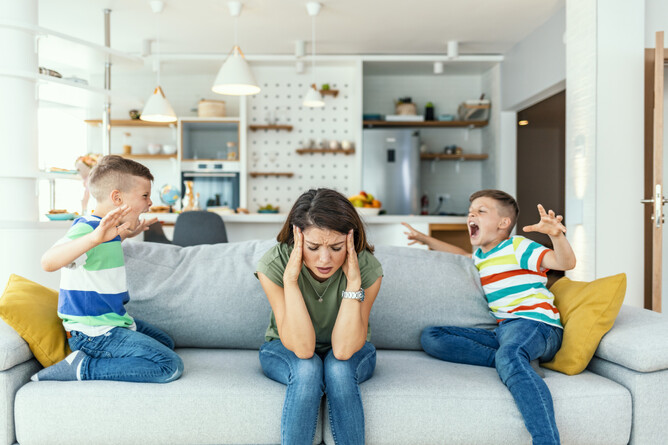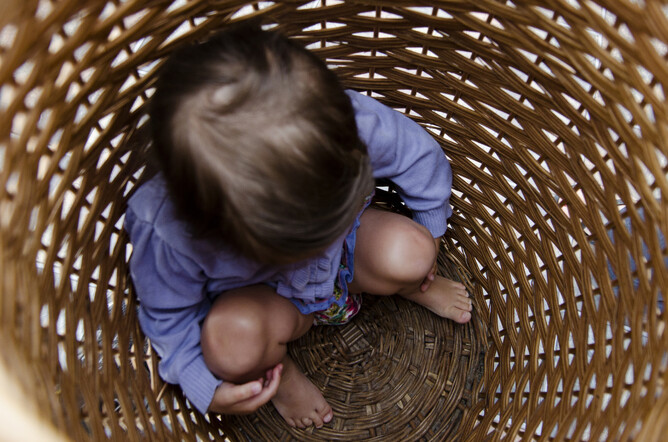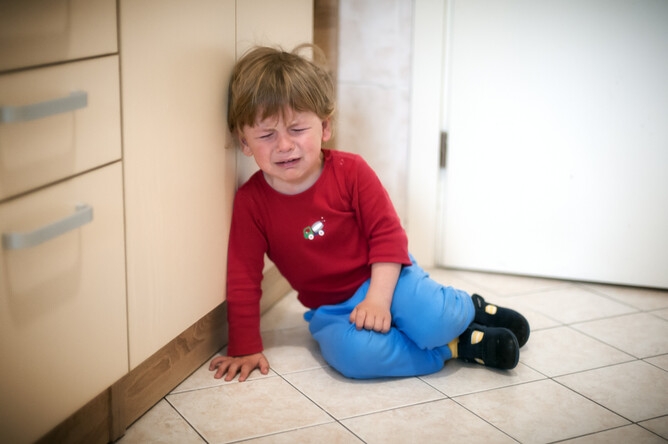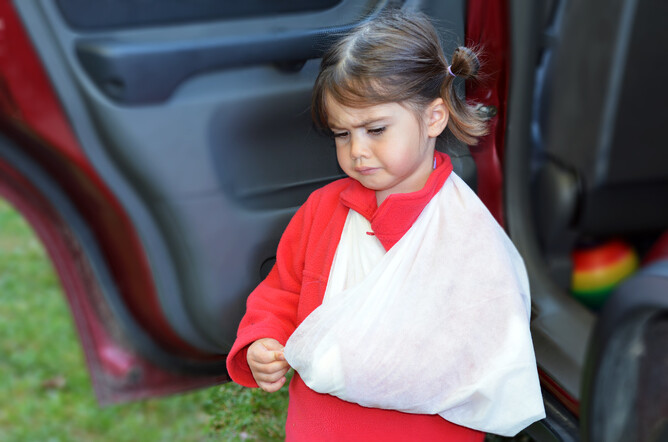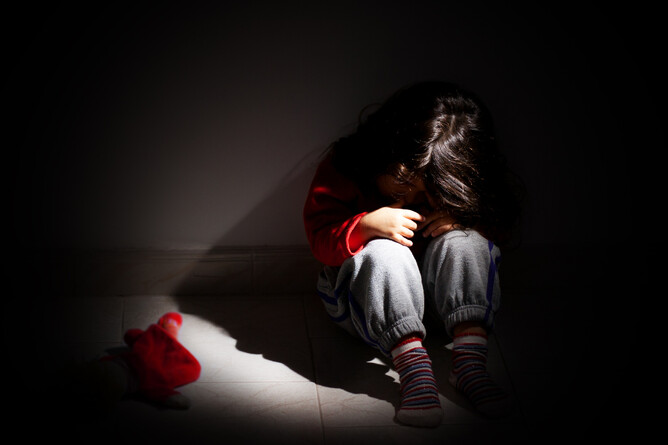Let’s be honest: parenting is hard. Most of us were raised when a quick smack was considered “good discipline.” But when you listen to kids—and look at the research—the picture changes. Here’s the short, real-talk version.
1) Smacking hurts and confusesKids say it straight: it hurts, it’s scary, and it feels unfair. When we hit to stop hitting, the message muddles—“Don’t hit” lands as “it’s okay if you’re bigger.” That chips away at trust, the very thing we need to guide behaviour.
2) Kids have rights, not just needsChildren aren’t our property; they’re people. New Zealand has signed up to protect kids from violence. Parenting isn’t about a “right to punish”—it’s about the responsibility to keep kids safe and teach them well.
3) It backfires in the long runSmacking might stop something in the moment, but it doesn’t build self-control. Over time, it’s linked with more aggression, anxiety, and strained relationships. We’re aiming for thinking skills and empathy—not fear-based obedience.
4) It can escalateMost parents who smack don’t mean to harm. It usually happens when we’re stressed or angry, and it can slide into something more serious. Living with that tension can also scramble a child’s stress system, making big feelings even harder to manage.
5) “Spare the rod” = guide and protectMany faith leaders remind us that the “rod” was a shepherd’s staff—used to guide, not whack. Whether you’re religious or not, the bigger point stands: love, patience, and steady boundaries shape character far better than pain does.
6) It clashes with our real goals
What do we actually want? Kind, capable kids who can manage themselves. Those skills grow in a home that blends warmth (connection, empathy) with structure (clear limits, routines, reasons). Pain and shame shut learning down.
7) So what should we do instead?
Here are calm, practical swaps that work:
Name the good stuff. Catch them being helpful: “Nice job putting your shoes by the door.”
Say what to do. “Use walking feet inside,” beats “Don’t run!”
Use natural/logical consequences. Spilled the juice? Grab a cloth together. Broke it? Help fix or replace.
Offer choices within limits. “PJs or teeth first?” Small control = big cooperation.
Prevent meltdowns. Snacks, sleep, and smooth transitions are underrated superpowers.
Time-in beats time-out (most days). Stay close, help breathe, name the feeling: “You’re frustrated. Let’s reset.”
Repair and move on. “We stuffed that up. How do we fix it?” Then actually move on.
“What about danger?”
If a child bolts toward the road, you absolutely grab and stop them. Safety first. Then, when everyone’s calm, teach and practice: where to wait, looking for cars, crossing together.
Not soft—just smart
Choosing not to hit isn’t going easy on kids. It’s you being the grown-up: calm, firm, and fair. It says, “I can set limits without using fear.” That’s strength, not softness.
If you’re stuck, reach out—to your GP, Plunket, local parenting groups, or a trusted whānau member. Parenting is learned, not inherited, and getting support is a sign of wisdom.
Bottom line: Children are unbeatable—not because we “win” against them, but because we show them how to win at being human. Let’s guide them there, kindly and consistently.

